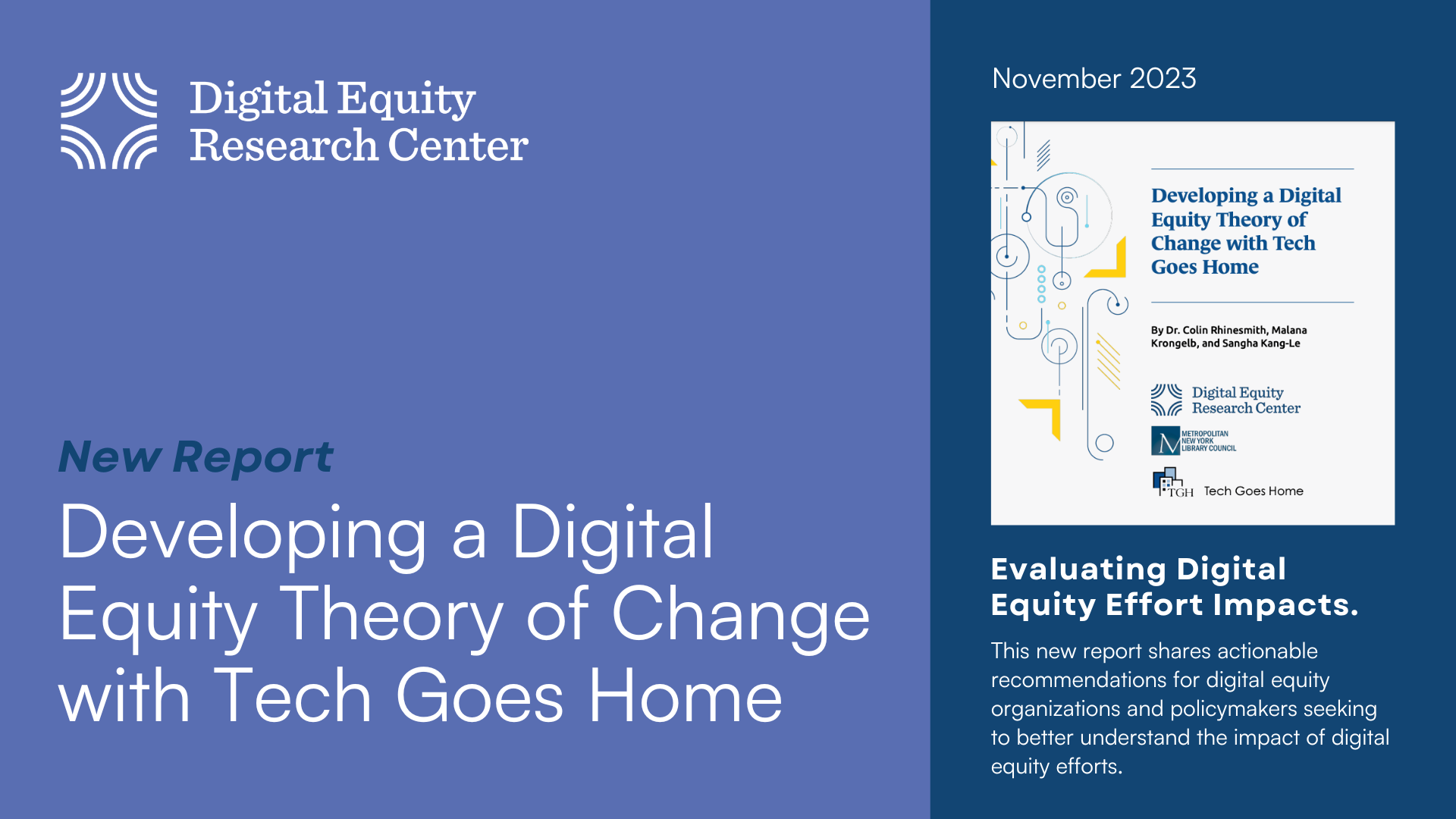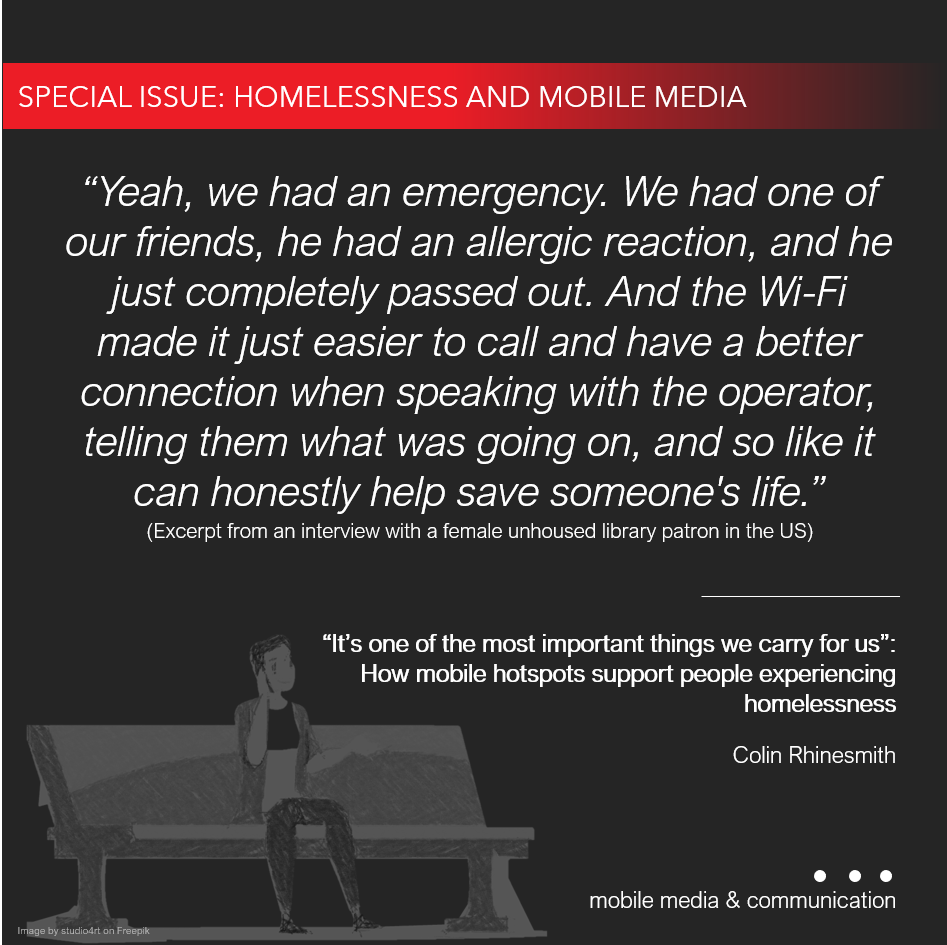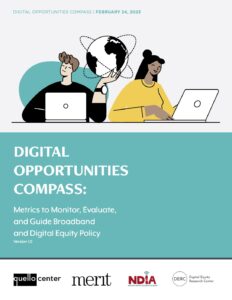Call for Submissions: 20th Anniversary Issue of The Journal of Community Informatics
Community informatics (CI) is the use of information and communication technology (ICT) to support community-defined development goals. It is a multidisciplinary field that includes researchers and practitioners from information studies, social work, rural sociology, public policy, urban planning, among other areas. Similar to social informatics, CI considers organizational use of ICTs across digital and physical spaces. However, CI is more concerned with how communities develop the social and technical capacities needed to promote ICT access, adoption, and use. CI projects are as diverse globally as they are locally. A common theme connecting them is community participation in ICTs to promote social action and social change.˟
On October 1, 2004, the first issue of The Journal of Community Informatics was published. It has since remained a free and open access, double-blind peer review journal featuring academic research and practitioner contributions at the intersection of CI research, practice, and policy. A wide range of submissions have been welcome, including research articles, notes from the field, points of view, reports, case studies, and more. As a way to celebrate the past 20 years of the journal, and to open up new avenues for participation, we invite original submissions in these traditional formats, as well as new formats including artistic works such as poetry, audio/video recordings, and visual artwork.
Information for Contributors
We are interested in short paper submissions of 1,500-2,000 words that reflect on any of the topics listed below.
- The past, present, and future of community informatics
- Reflections from journal article authors about the impact of their contributions
- Personal/professional reflections on CI as a field of research and practice
- Critical reflections on and interrogations of the need for community informatics
- The role of JoCI and other open access publications in the scholarly communication ecosystem
Contributors should include a 200-300 word abstract that describes their submission. The papers will be non-peer reviewed and will be included as “Points of View” submissions (see Editorial Guidelines). Additional author guidelines can be found here: https://openjournals.uwaterloo.ca/index.php/JoCI/about/submissions#authorGuidelines
Important Dates
- Submissions due: 1 May 2024
- Publication issue: 1 October 2024
—
˟ Rhinesmith, C. (2019). Community informatics. In G. Ritzer (Eds.), Wiley-Blackwell Encyclopedia of Sociology (2nd Ed.). Hoboken, NJ: Wiley-Blackwell.




